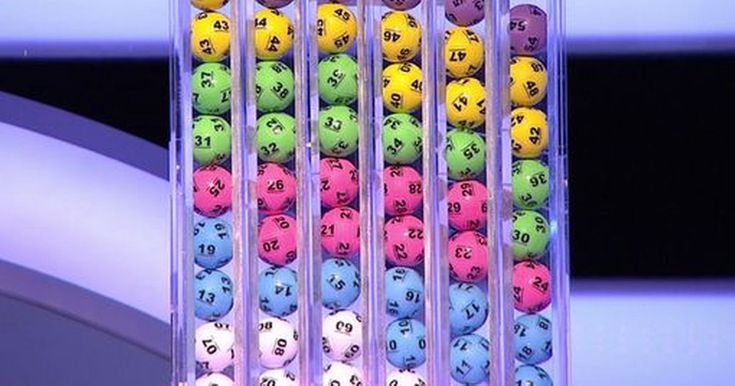Lottery draws have captivated the imagination of people worldwide for centuries. They represent a unique intersection of chance, dreams, and the potential for life-changing fortunes. While the allure of winning a massive jackpot is undeniable, the mechanics of lottery data cambodia, their history, and their impact on society are equally fascinating.
The Mechanics of a Lottery Draw
At its core, a lottery is a game of chance in which participants purchase tickets for a chance to win prizes, often in the form of money. Each ticket carries a unique set of numbers, and during the draw, a selection of numbers is randomly chosen. The combination of these drawn numbers determines the winners.
Lottery draws can vary in format, but they generally fall into two categories:
- Traditional Draws: These involve physical balls or other items placed in a drum, which are mixed and drawn at random. This method is favored for its transparency and has been a staple of lotteries for decades.
- Electronic Draws: Utilizing random number generators (RNGs), these draws rely on technology to select winning numbers. They offer the same level of randomness and are often quicker and more efficient than traditional methods.
The History of Lotteries
The origins of lotteries can be traced back to ancient civilizations. The Chinese Han Dynasty (205–187 BC) is credited with one of the earliest forms of lottery, used to fund government projects like the Great Wall. Similarly, the Roman Empire organized lotteries to distribute gifts during feasts, evolving into a form of entertainment.
In the modern era, lotteries gained significant popularity in the 18th century, particularly in Europe. The establishment of the first official state-sponsored lottery in France in 1539 marked a pivotal moment. Over time, various countries adopted their lottery systems, often utilizing proceeds for public projects such as education and infrastructure.
The Thrill of Winning
The excitement surrounding lottery draws can be attributed to several factors. First, the sheer size of potential jackpots, often reaching into the hundreds of millions, captures public attention. The idea of becoming an overnight millionaire appeals to people’s dreams and aspirations.
Furthermore, the communal experience of watching a draw adds to the thrill. Whether in a bustling bar, a quiet home, or through live broadcasts, the anticipation builds as numbers are drawn. Shared hopes and dreams foster a sense of connection among participants, even among strangers.
The Impact of Lottery Draws on Society
While lotteries can provide substantial funding for public services, they also raise important ethical questions. Critics argue that lotteries can disproportionately affect low-income individuals, who may spend a larger portion of their income on tickets in hopes of a better life. This phenomenon, sometimes referred to as “regressive taxation,” raises concerns about the social responsibility of promoting such games.
On the positive side, many lotteries allocate a portion of their proceeds to charitable causes, supporting education, healthcare, and community development. This aspect of lotteries highlights their potential to serve a greater good, transforming the act of playing into a means of contributing to society.
The Future of Lottery Draws
As technology continues to evolve, so too do lottery draws. The integration of digital platforms allows for easier access to tickets and real-time participation in draws from anywhere in the world. Online lotteries are gaining traction, particularly among younger demographics, creating new opportunities for engagement.
Moreover, innovations such as blockchain technology could enhance transparency and trust in the lottery process, addressing concerns about fairness and security. As these technologies develop, the future of lottery draws promises to be more accessible, efficient, and transparent.
